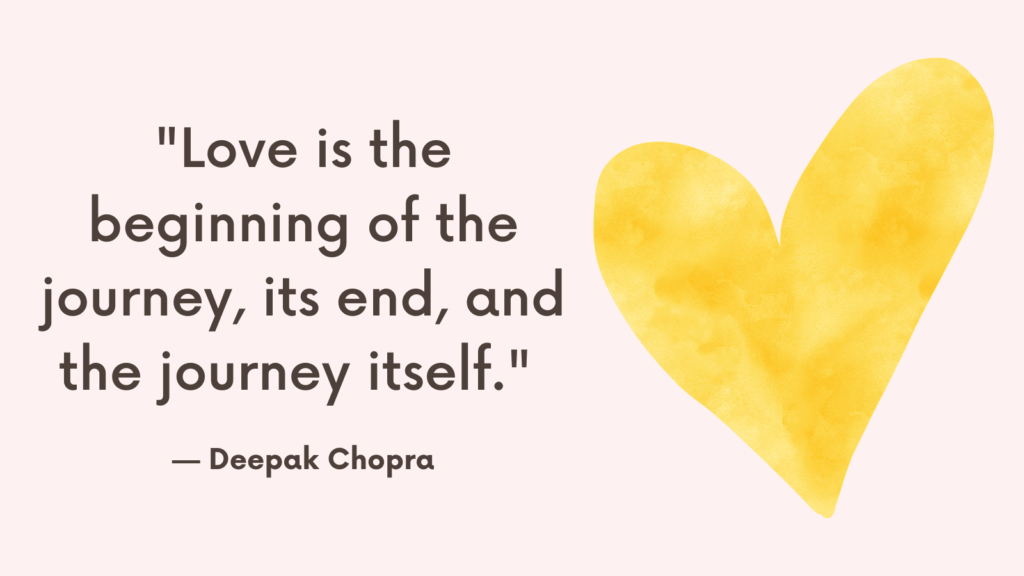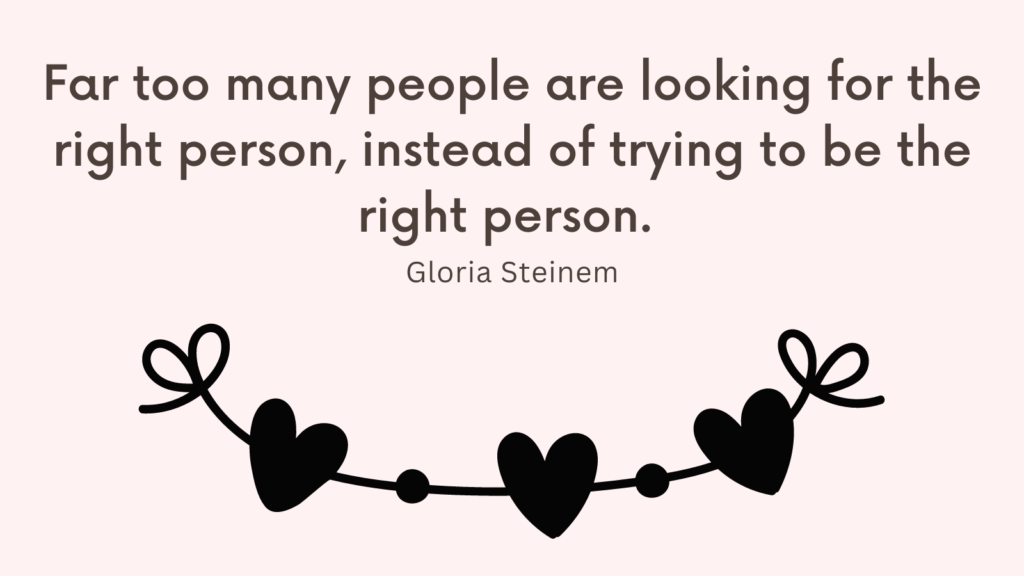In this post, you’re going to learn how to fulfill unmet emotional needs?
What Are Examples of Unmet Emotional Needs?
Unmet emotional needs can vary from person to person, but here are some common examples:
1. Love and Affection
Feeling a lack of love, warmth, and affection in relationships can lead to emotional distress.
This includes not receiving verbal expressions of love, physical affection like hugs or cuddling, or feeling emotionally disconnected from loved ones.
2. Validation and Acceptance
Humans have an innate need to be acknowledged and validated for who they are.
When this need goes unmet, it can result in feelings of insecurity, self-doubt, and a diminished sense of self-worth.
3. Emotional Support
Having someone who listens, empathizes, and supports us during challenging times is crucial for emotional well-being.
Without this support, individuals may feel overwhelmed, isolated, and unsure of how to navigate difficulties in their lives.
Related: Top 10 Emotional Needs Of A Woman & A Man In A Relationship
4. Autonomy and Independence
Feeling controlled or having limited freedom to make decisions can lead to frustration and a sense of powerlessness.
Having one’s autonomy respected is essential for healthy emotional development.
5. Trust and Safety
Experiencing trust violations, such as betrayal, abuse, or neglect, can severely impact emotional well-being.
When individuals do not feel safe in their relationships or environments, it can lead to anxiety, hypervigilance, and difficulty forming secure attachments.
It’s important to note that everyone’s emotional needs may differ, and what one person considers unmet may not be the same for another.
Related: Best 50 Ways To Stay In Love Forever With Your Partner
How Do You Identify Unmet Emotional Needs?
Identifying unmet emotional needs can be a complex process, as it involves self-reflection and introspection.
Here are some steps that may help you in identifying your unmet emotional needs:
1. Self-Awareness
Start by developing self-awareness and paying attention to your feelings and emotions.
Notice any recurring patterns of discomfort, dissatisfaction, or emotional distress.
2. Reflection
Take the time to reflect on your relationships, both past and present.
Consider whether there are any consistent themes or issues that arise in your interactions with others.
3. Emotional Clues
Emotional clues can provide insight into unmet needs.
For example, if you often feel lonely or disconnected, it may indicate a need for companionship or social connection.
If you frequently experience anxiety or insecurity, it could suggest a need for validation and acceptance.
4. Triggers
Pay attention to situations or events that trigger strong emotional reactions within you.
These triggers may signal unmet needs.
For instance, feeling overwhelmed when faced with criticism could indicate a need for support and understanding.
5. Reflection on Childhood
Reflecting on your childhood and upbringing can help uncover possible unmet needs.
Consider the dynamics within your family, your early experiences, and the messages you received about emotions and relationships.
Related: Best 21 Couples Journal Prompts To deepen Your Intimacy
How to Fulfill Unmet Emotional Needs?
Fulfilling unmet emotional needs is a complex process that requires self-awareness, self-care, and sometimes external support.
Here are some steps you can take to begin addressing and fulfilling your unmet emotional needs:
1. Identify Your Needs
Take time to reflect on your emotions and identify the specific needs that are not being met.
Are you lacking in emotional support, validation, love, or companionship?
Understanding the root causes will help you address them more effectively.
2. Practice Self-Care
Engage in practices that promote self-care and self-compassion.
This might include setting boundaries, engaging in activities that bring you joy and relaxation, practicing mindfulness or meditation, and prioritizing your physical health through exercise, nutrition, and adequate sleep.
Related: Best 8 Mindfulness Exercises For Adults That Will Help You Regulate Your Emotions
3. Cultivate Healthy Relationships
Surround yourself with supportive individuals who can meet some of your emotional needs.
Build and nurture relationships based on trust, empathy, and effective communication.
Engaging in meaningful connections can foster a sense of belonging and provide emotional support.
4. Express Yourself
Find healthy outlets for expressing your emotions, such as journaling, art, music, or talking to a trusted friend or family member.
Expressing yourself in constructive ways can help validate your feelings and provide a sense of relief.
5. Prioritize Emotional Well-being
Make your emotional well-being a priority by incorporating activities that nourish your mind and soul into your daily routine.
This can include engaging in hobbies, spending time in nature, practicing gratitude, or seeking out positive experiences that uplift your mood.

Conclusion
The process of fulfilling unmet emotional needs takes time and effort.
Acknowledging and addressing these needs is a crucial step towards improving your overall well-being and leading a more fulfilling life.
List of Emotional Needs
| Love Acceptance Affection Validation Belonging Recognition Support Encouragement Understanding Trust Respect Appreciation Security Autonomy Freedom Comfort Reassurance Intimacy Companionship Forgiveness Connection Closeness Inclusion | Acknowledgment Stability Nurturing Safety Loyalty Honesty Communication Shared values Excitement Adventure Fun Laughter Challenge Growth Inspiration Exploration Intellectual stimulation Creativity Independence Authenticity Purpose Meaning Fulfillment Encouragement of passions Emotional validation | Privacy Time for reflection Calmness Patience Sensitivity Freedom of choice Balance Open-mindedness Collaboration Justice Fairness Spiritual connection Inspiration Guidance Empowerment Resilience Playfulness Adaptability Support in times of grief or loss Assistance in times of stress Acceptance of flaws Encouragement of self-care Affirmation of strengths |



